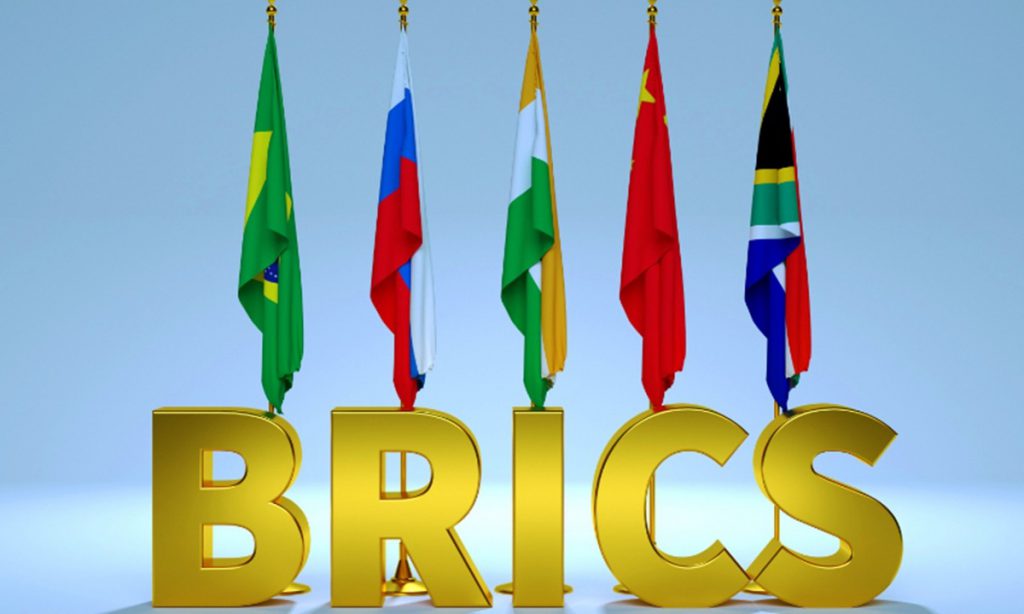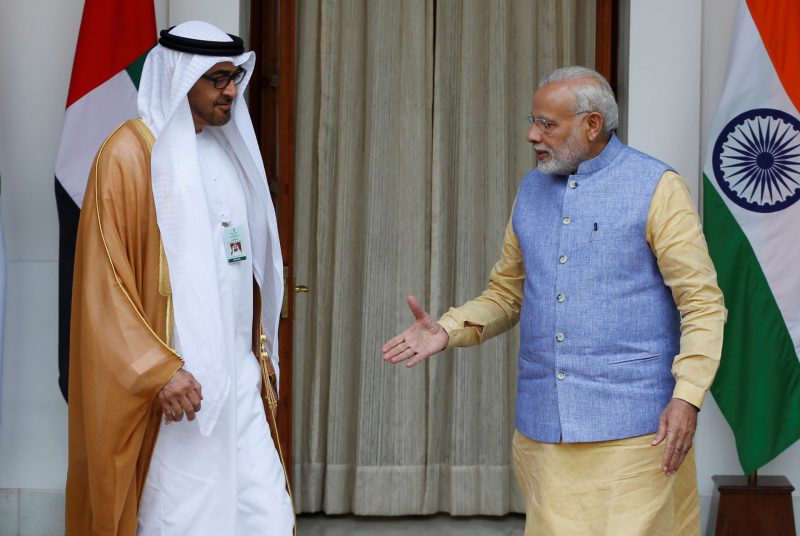Following a landmark oil deal between the two BRICS nations settled in local currencies, both India and the United Arab Emirates (UAE) are now looking for more ways to ditch the US dollar (USD). Specifically, Commerce and Industry Minister Piyush Goyal has recently said that the two countries are seeking expanded rupee-dirham trade.
The two countries had opted to settle oil deals in local currencies in what was the first large oil trade settled outside of the greenback. Subsequently, both countries have noted the massive increase in these bilateral trades. Therefore, it comes as little surprise that both nations are continuing to seek out avenues for greater trade outside of dollars.
Also Read: China Dumps Another $32 Billion in US Treasuries and Stocks
India and UAE Seeking Expanded Local Currency Trade


A key aspect of the growing BRICS bloc has been its consistent de-dollarization efforts. Indeed, the economic alliance has sought to lessen international reliance on the dollar. Therefore, the bloc would take the necessary steps to lessen the overall Western influence on global economics.
Now, following a landmark local currency oil deal from both BRICS nations, India and the UAE are seeking more ways to ditch the US dollar (USD). Specifically, Piyush Goyal discussed expansion discussions for local currency settlements between both nations.
Also Read: Chinese Yuan Surpasses Euro, Becomes Second Main SWIFT Currency
“We have looked at further expanding the rupee-dirham trade, which has been operationalized with the efforts of the central bank of the UAE and the RBI,” Goyal told reporters. Moreover, he discussed the “huge” impact that the expanded trade could have on both countries.
The local currency trade reportedly saves both countries 5% on all transactions. That seems reason enough to expand local currency trade, but it also aids overall alliance goals. Specifically, the bloc has sought to continue these efforts throughout the collective. Subsequently, the success that both India and the UAE have had should encourage alliance-wide integration of similar operations.





